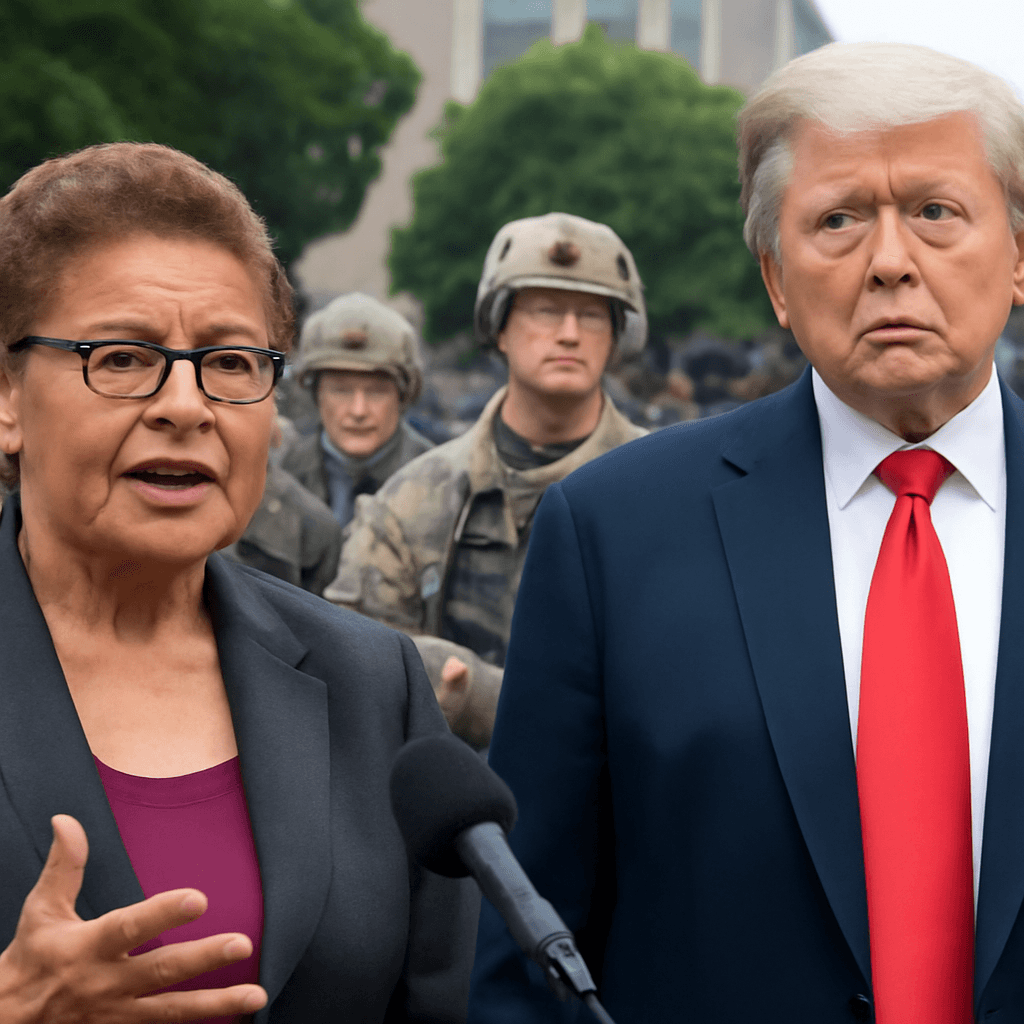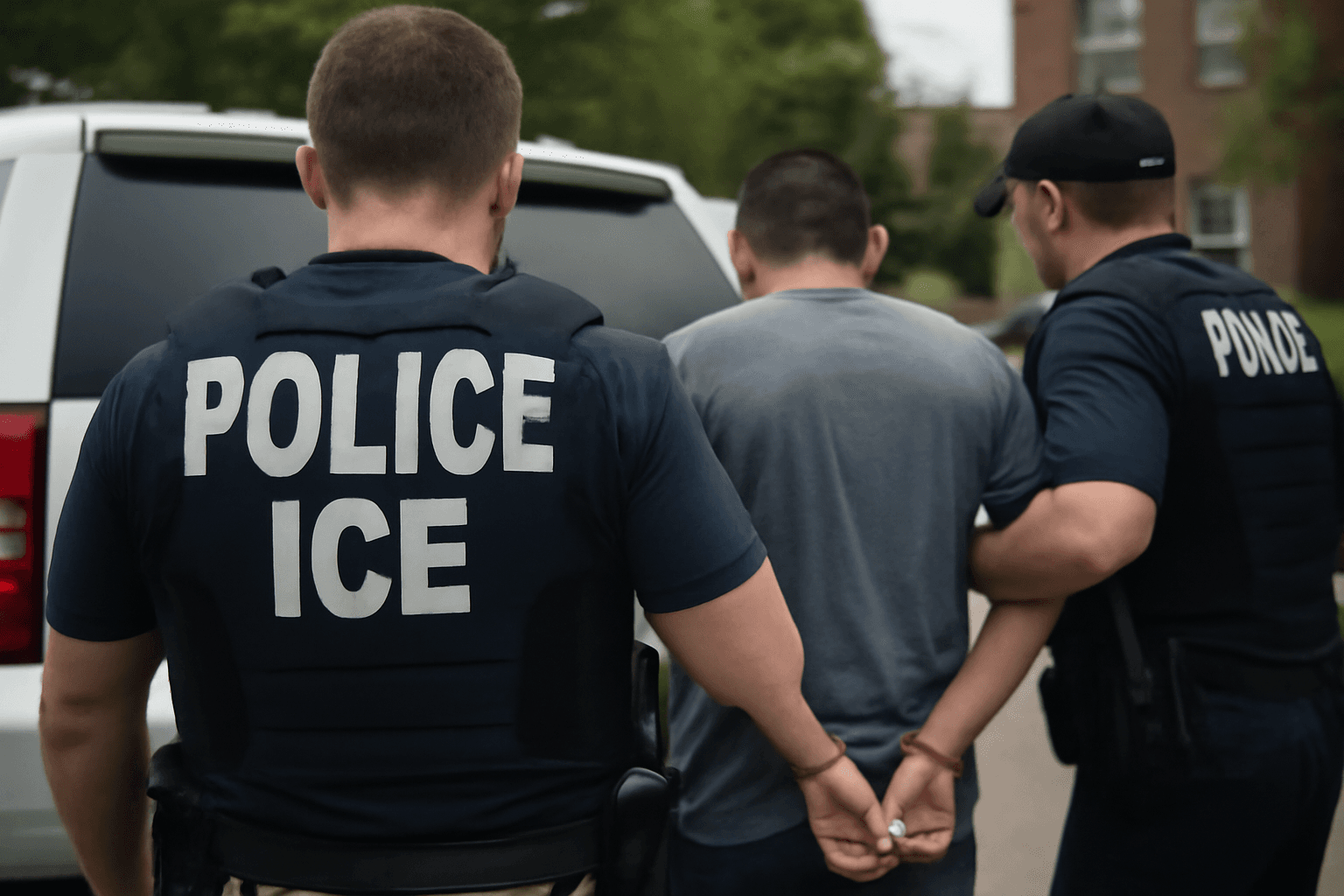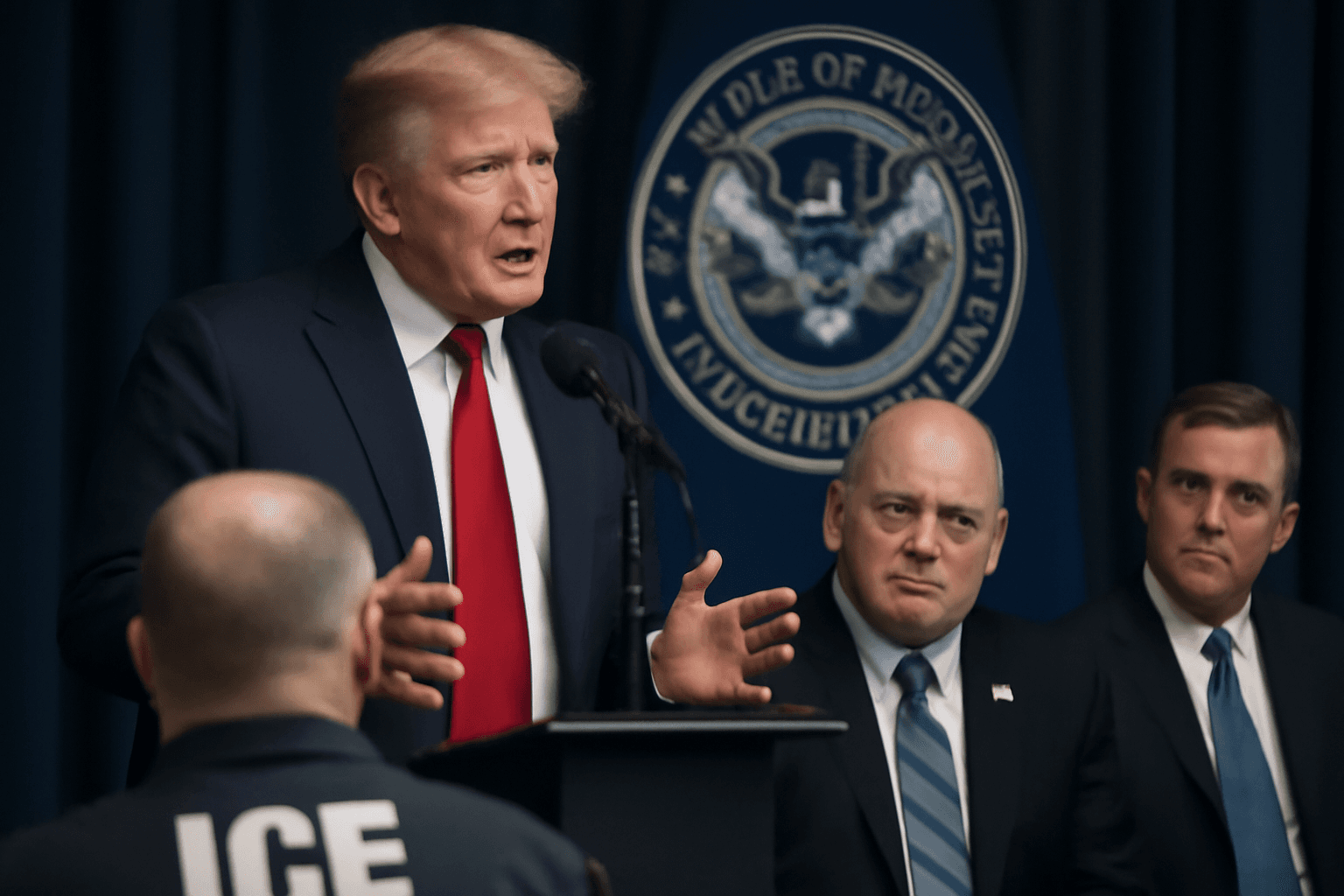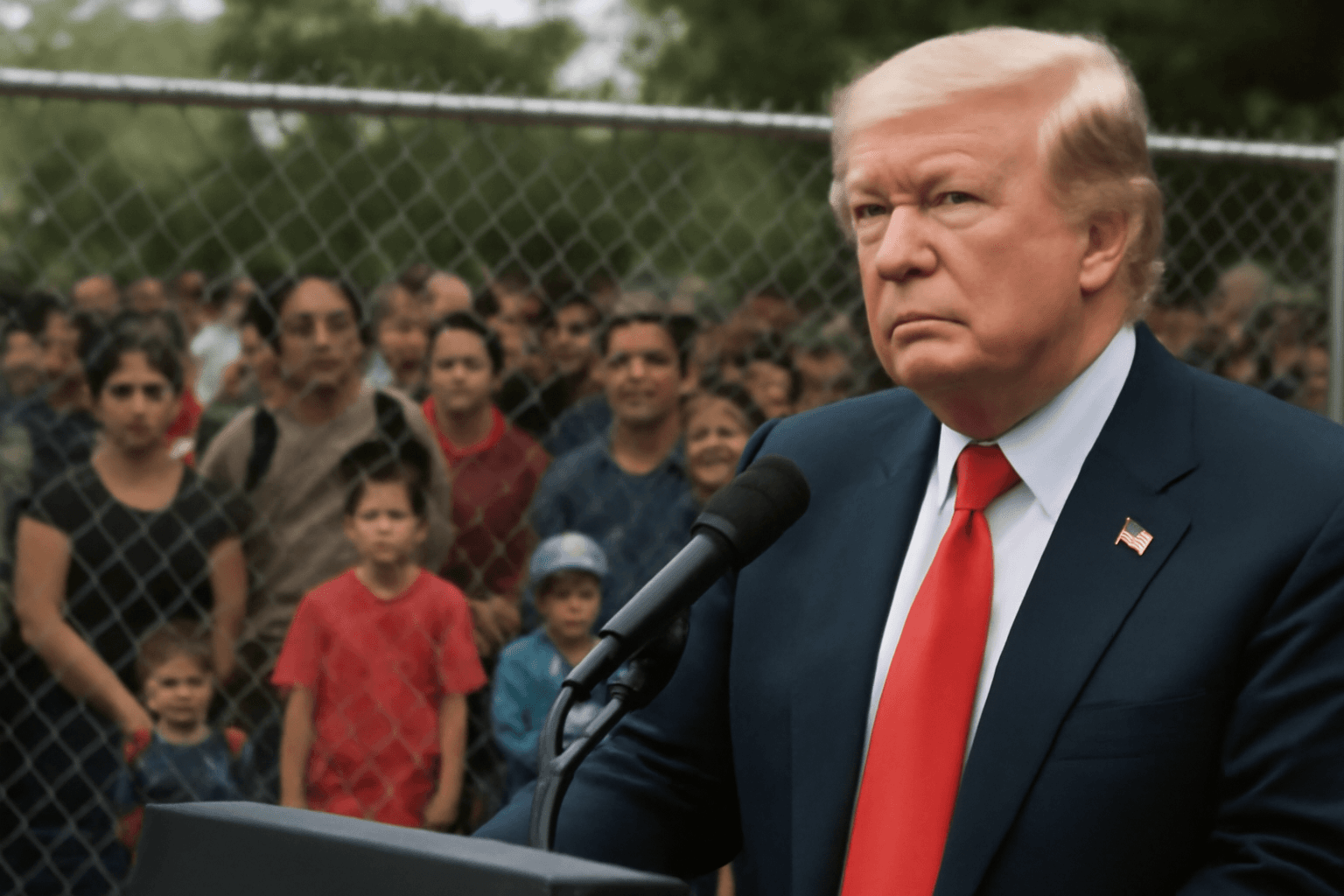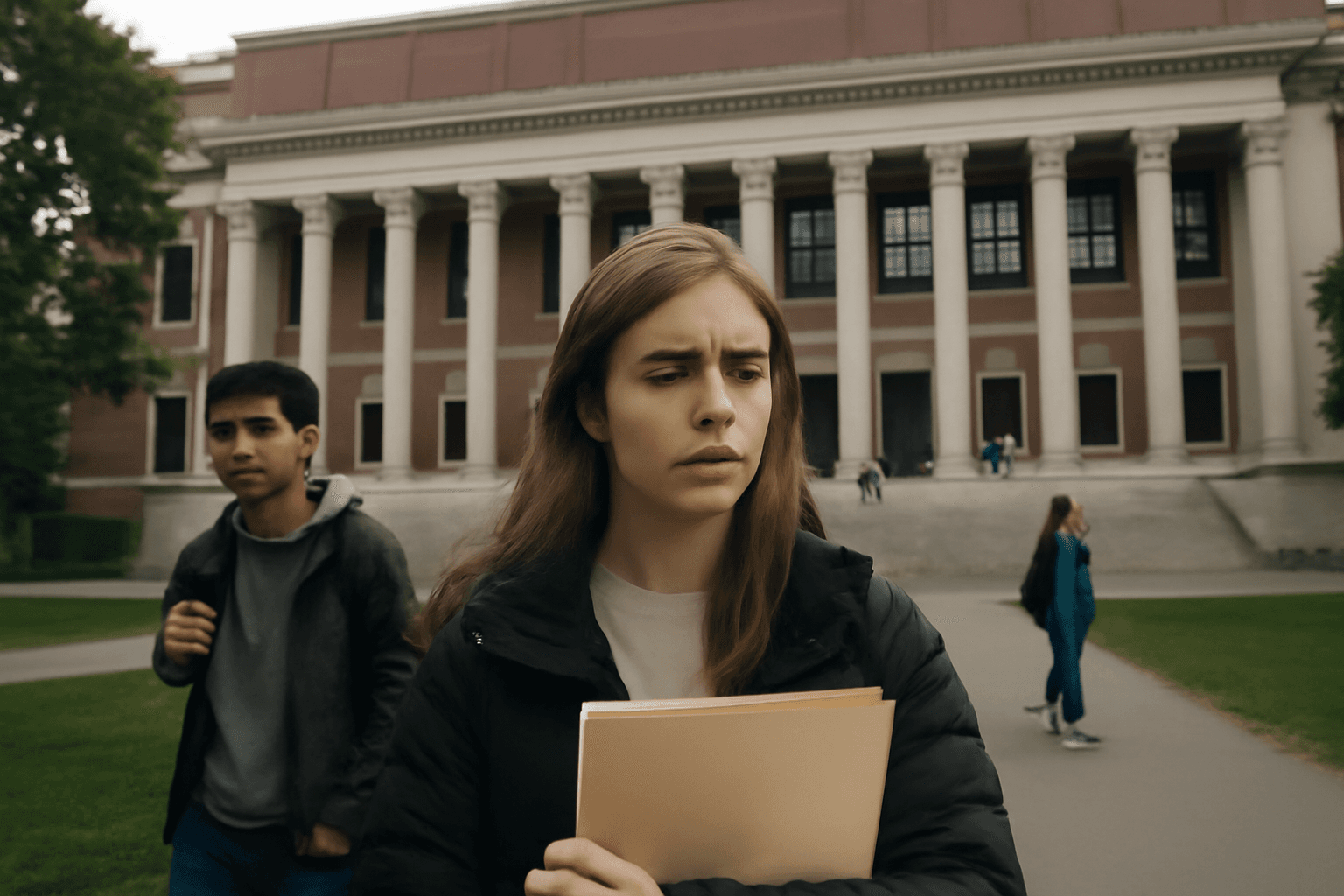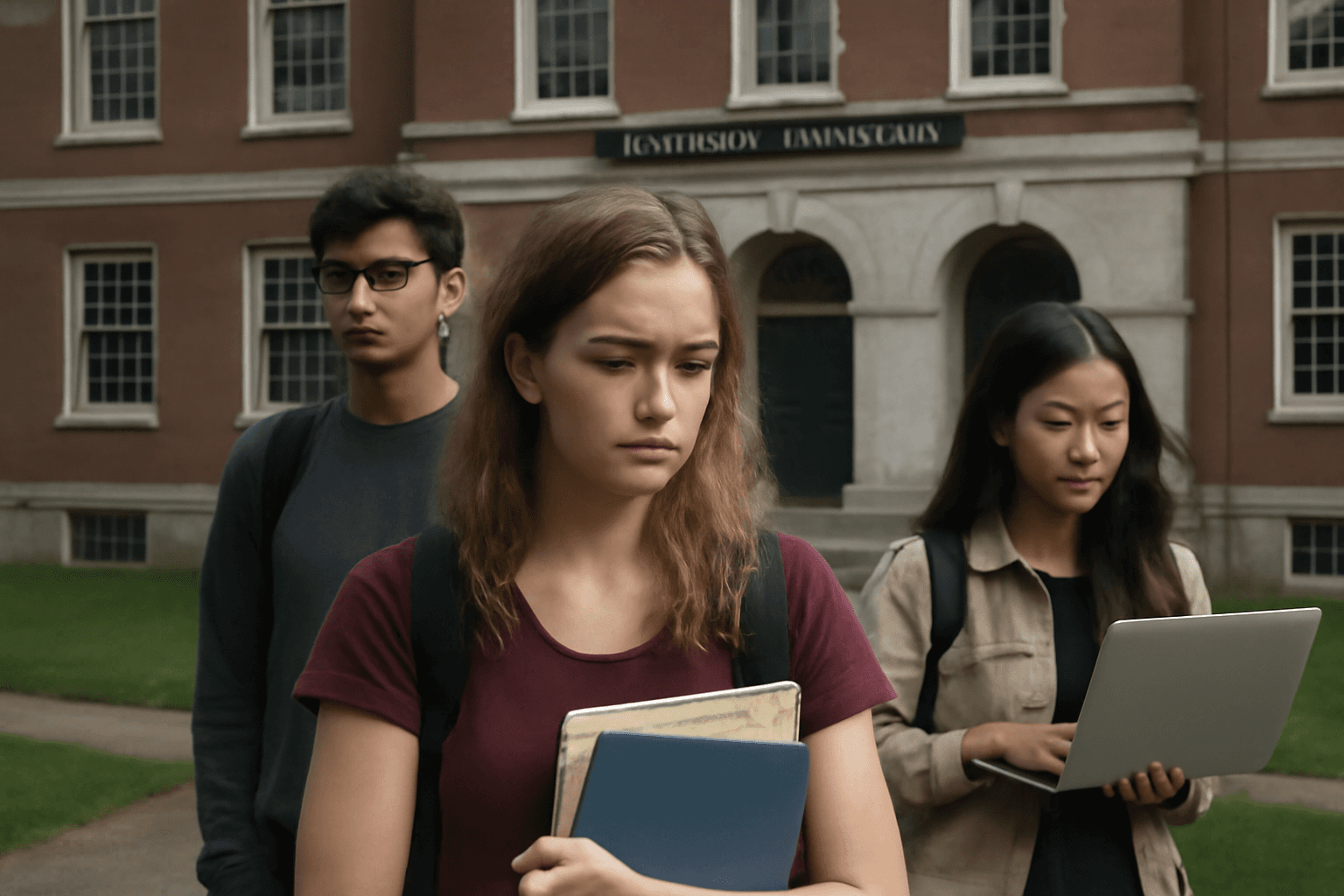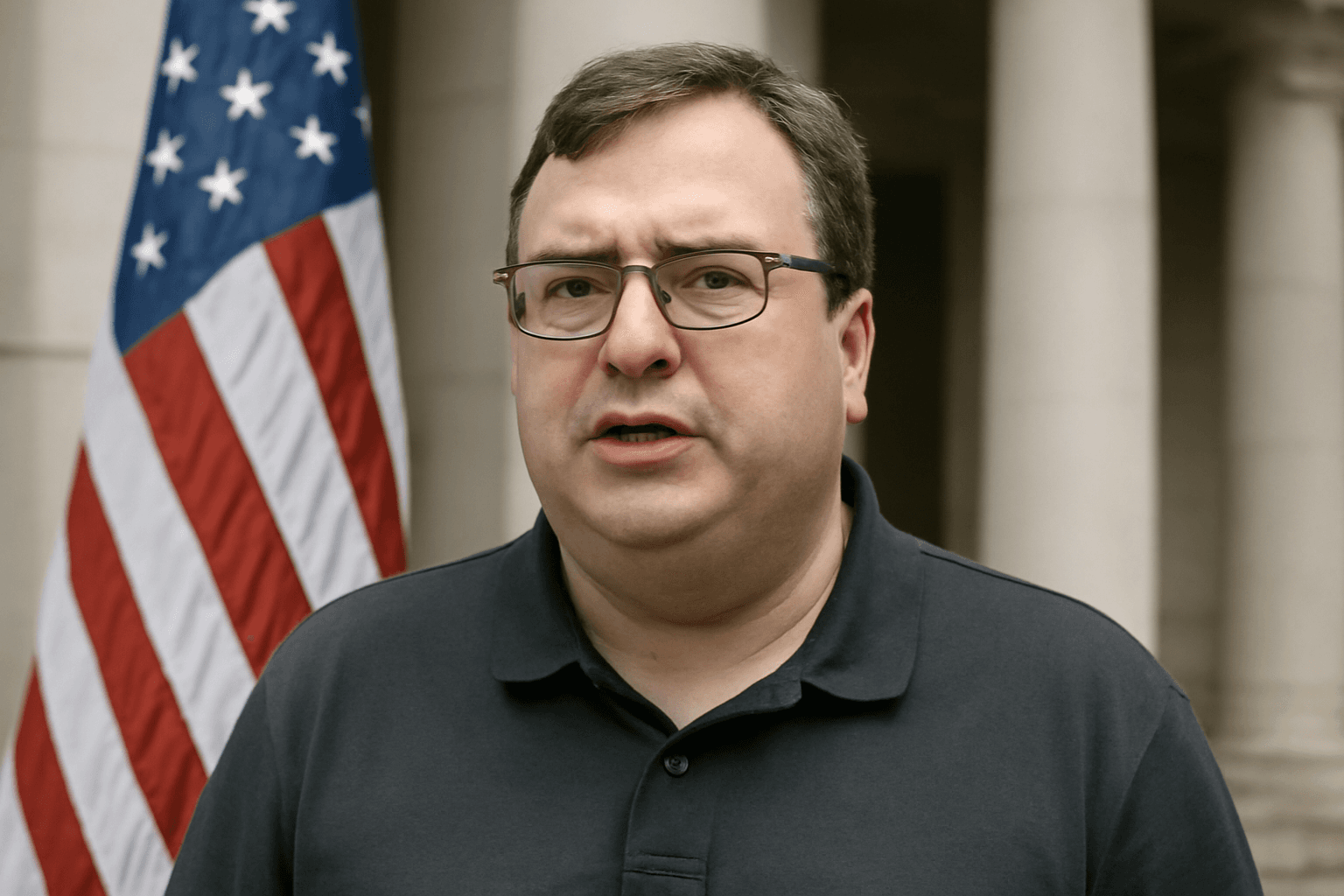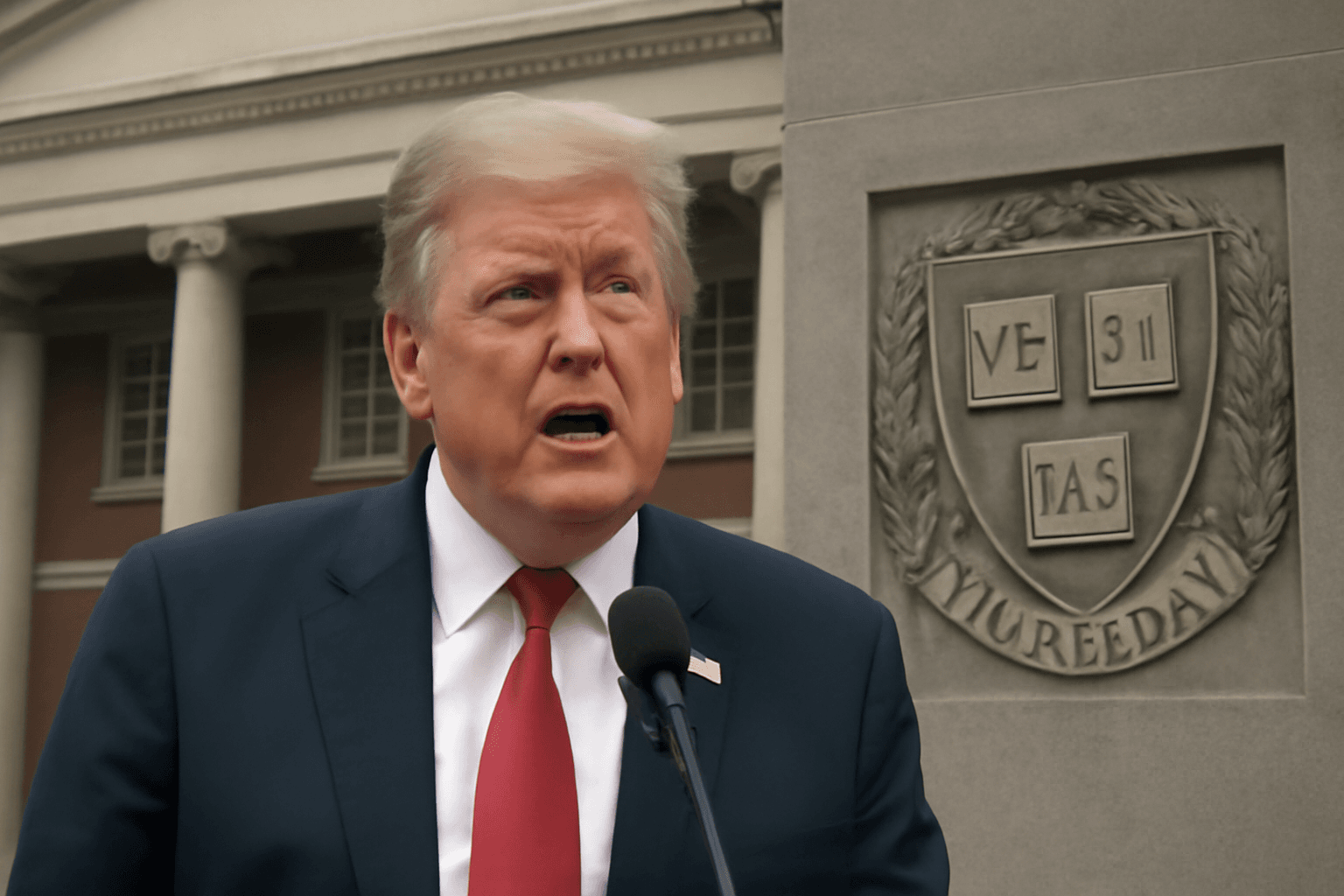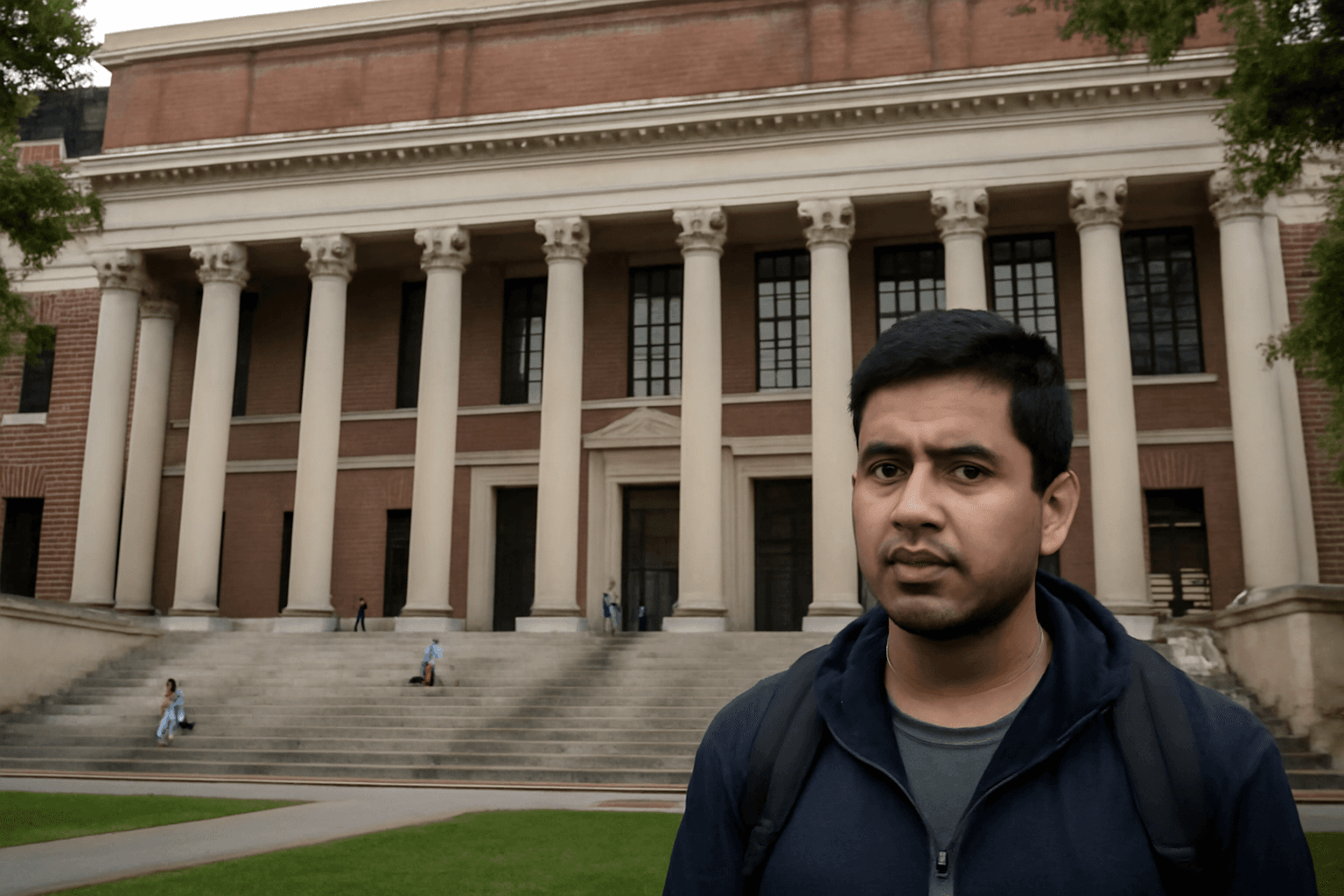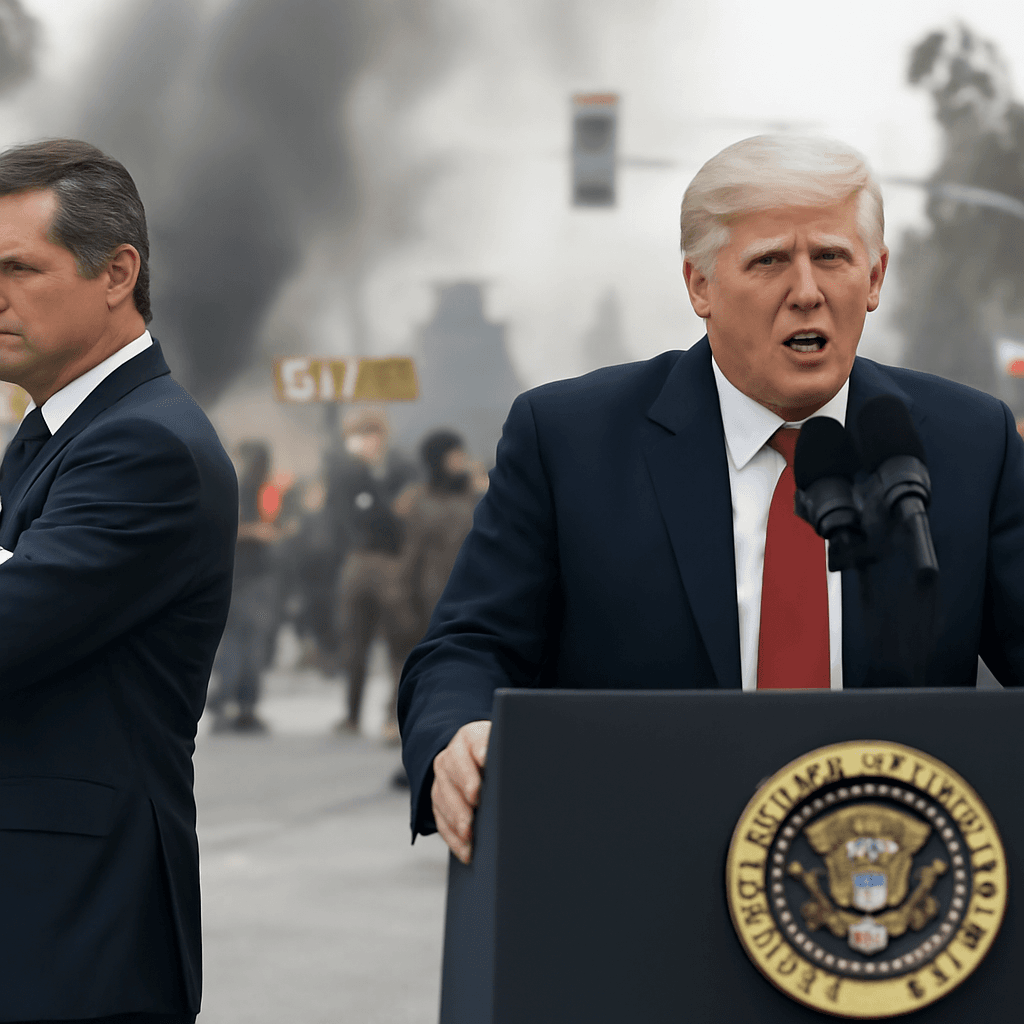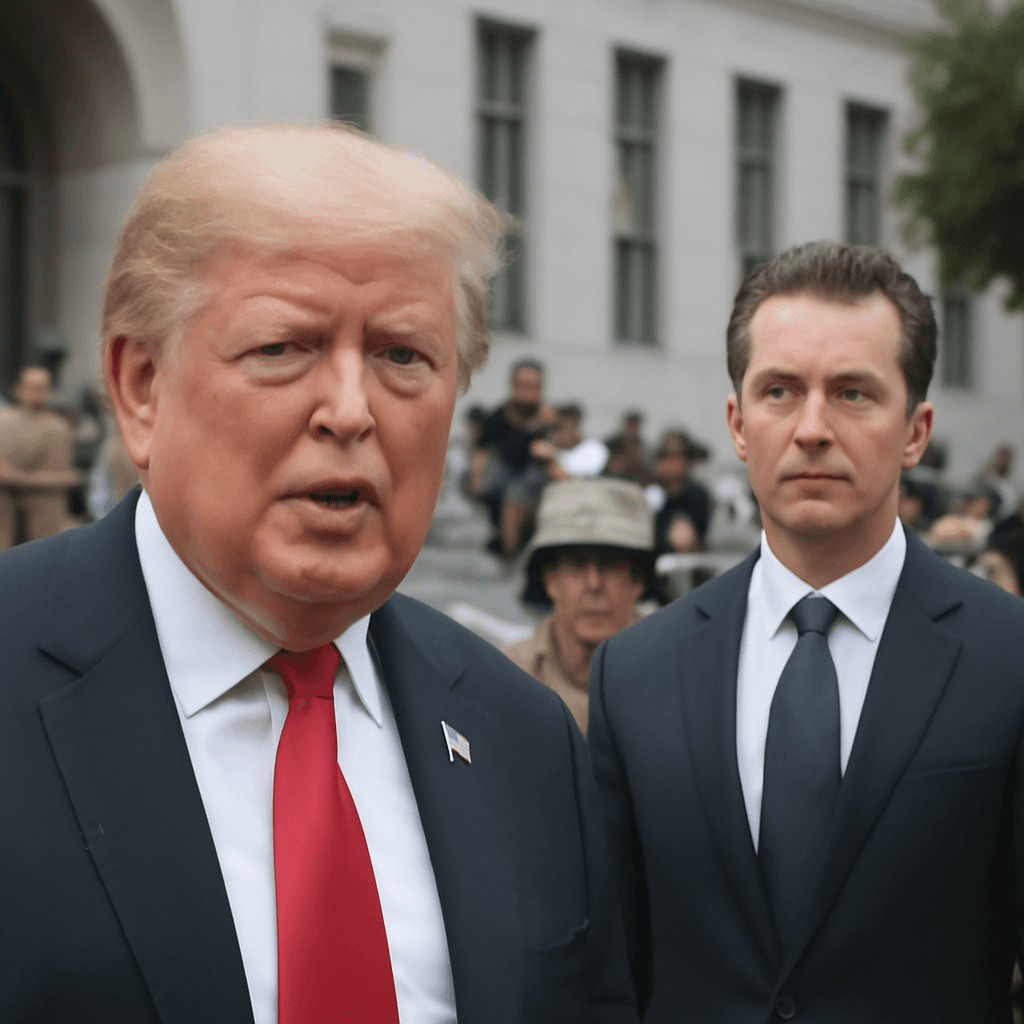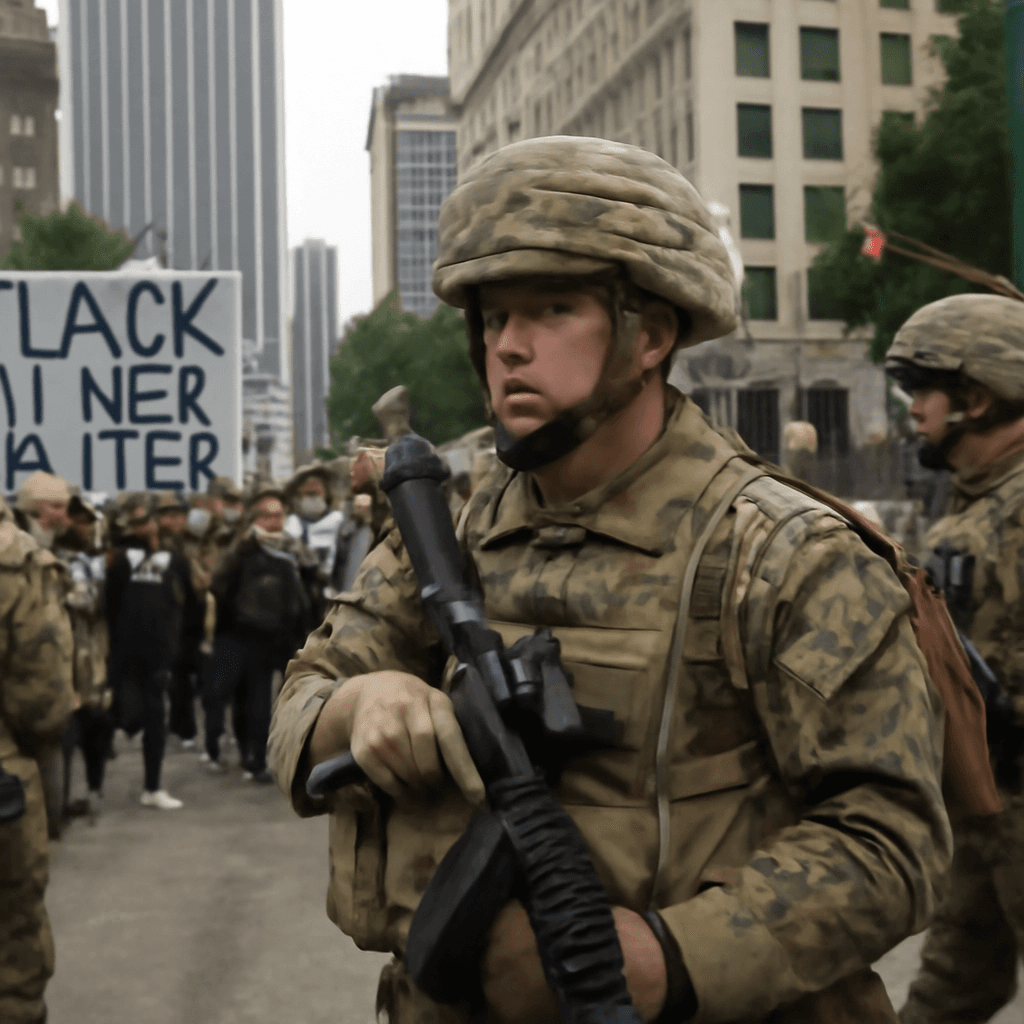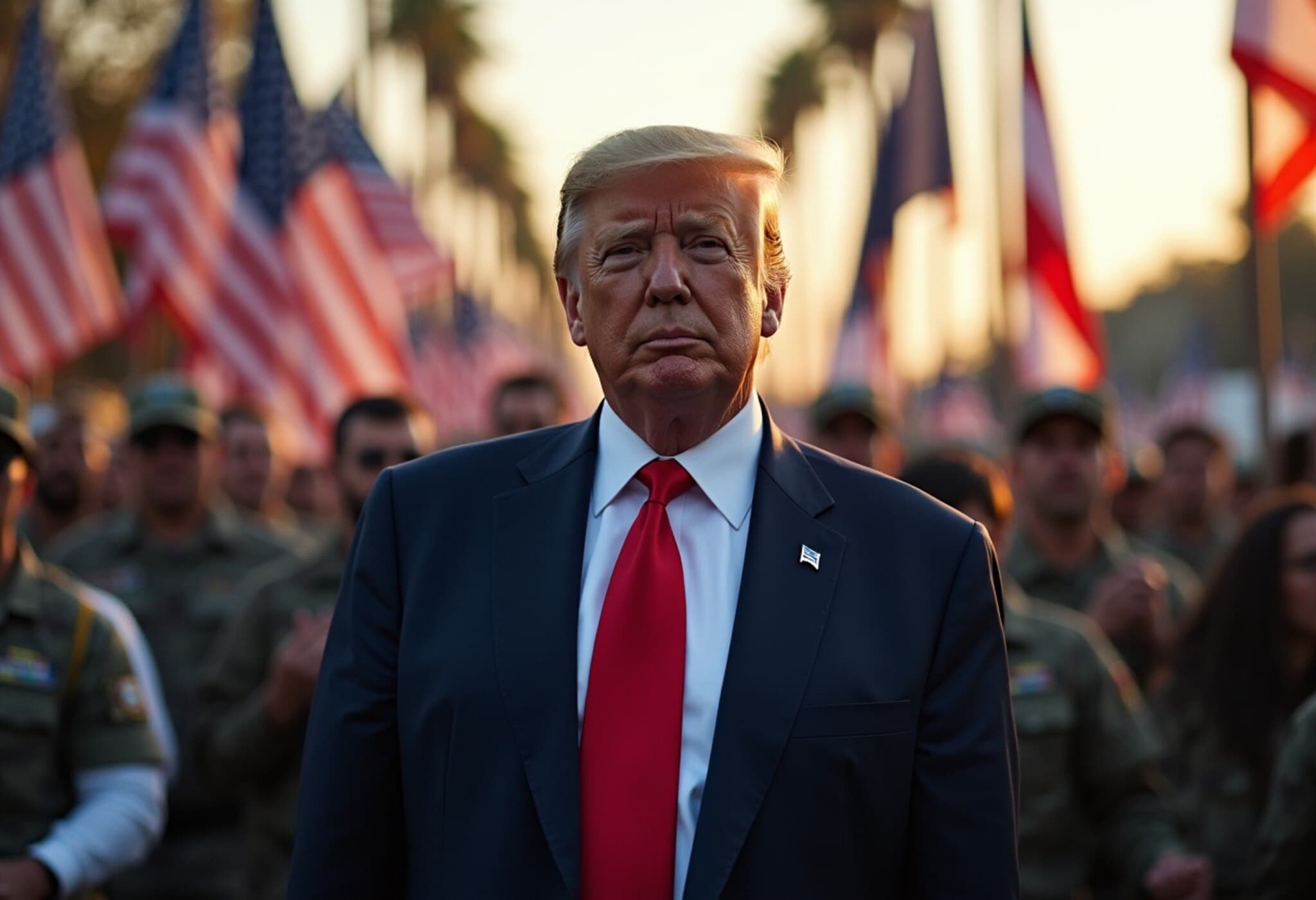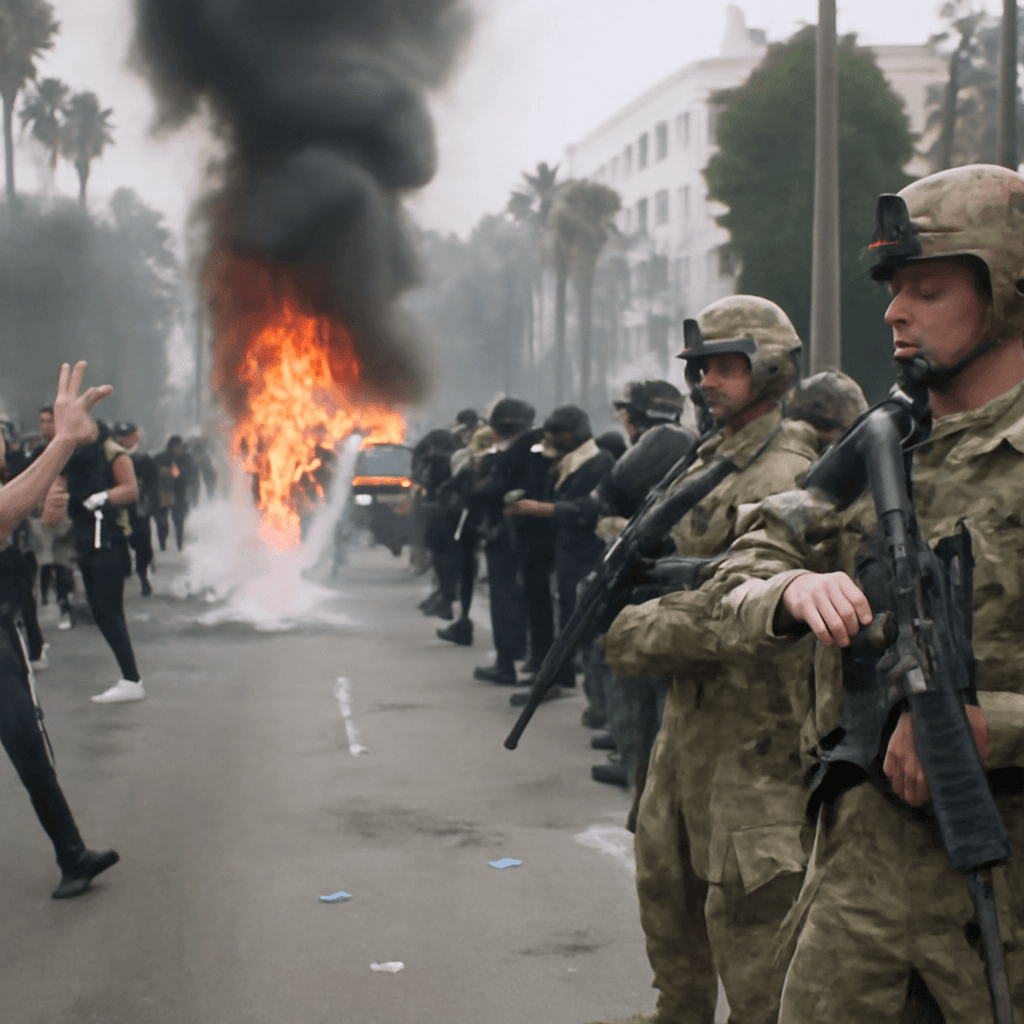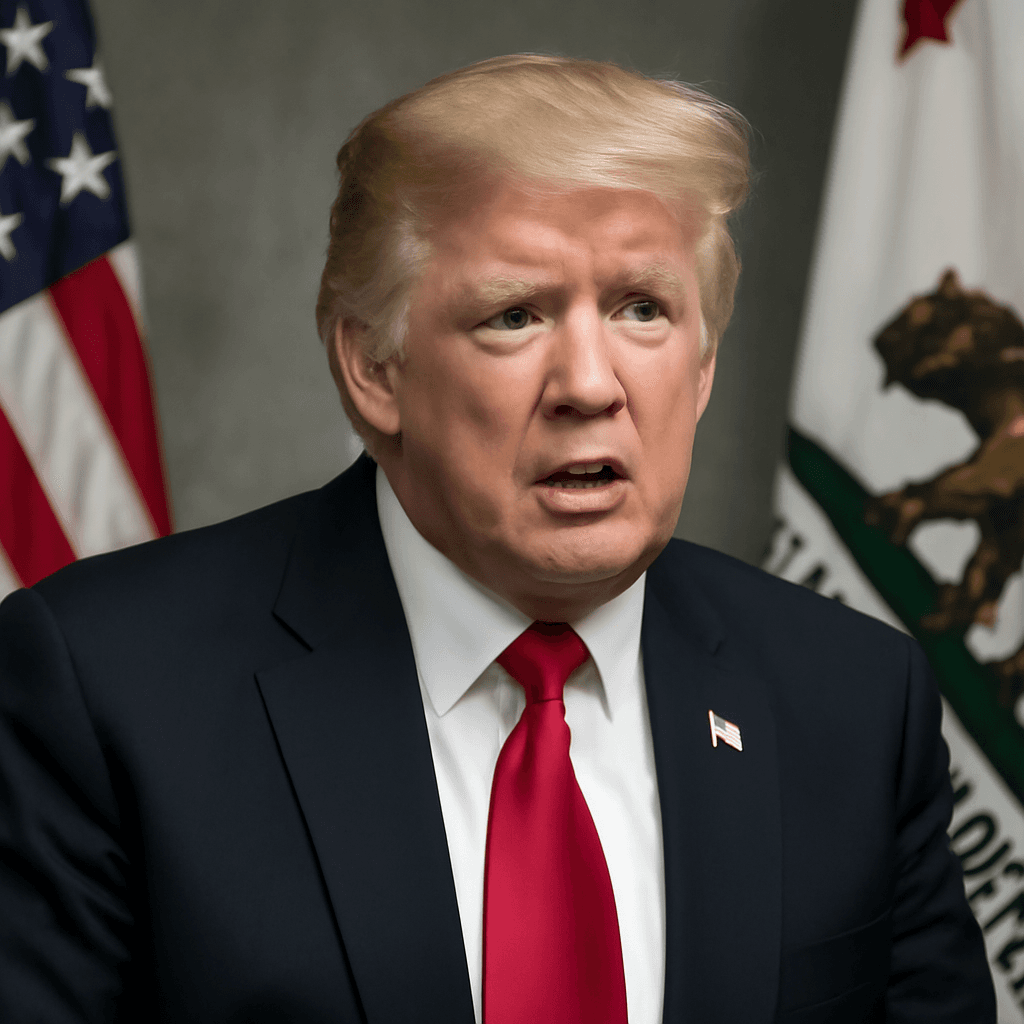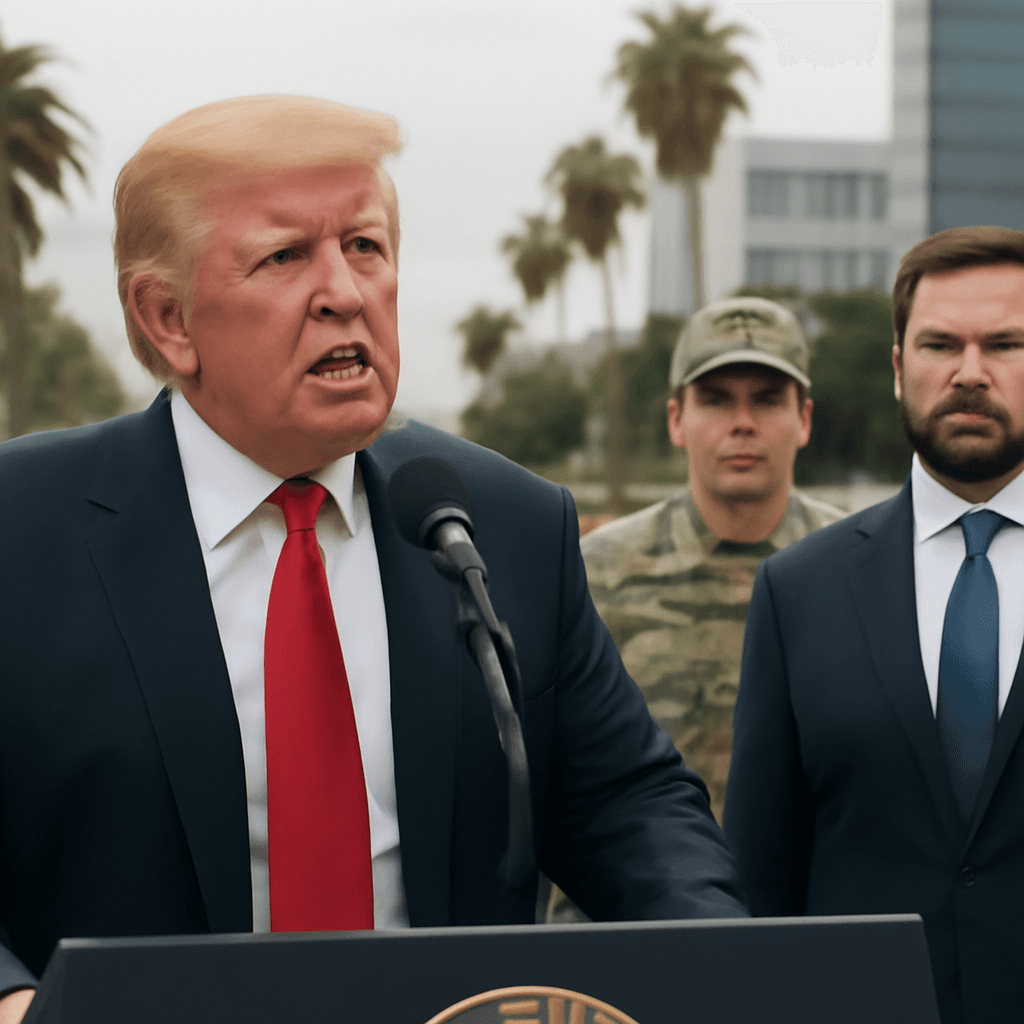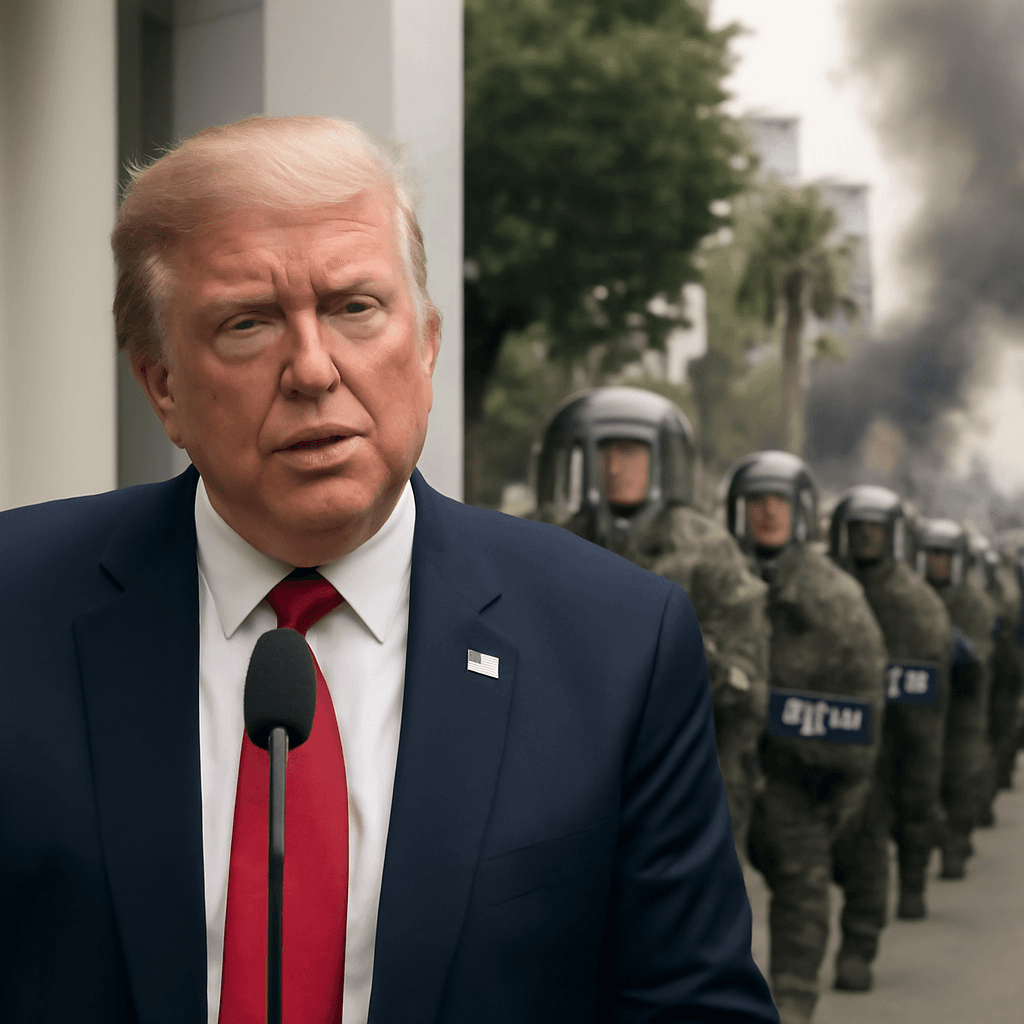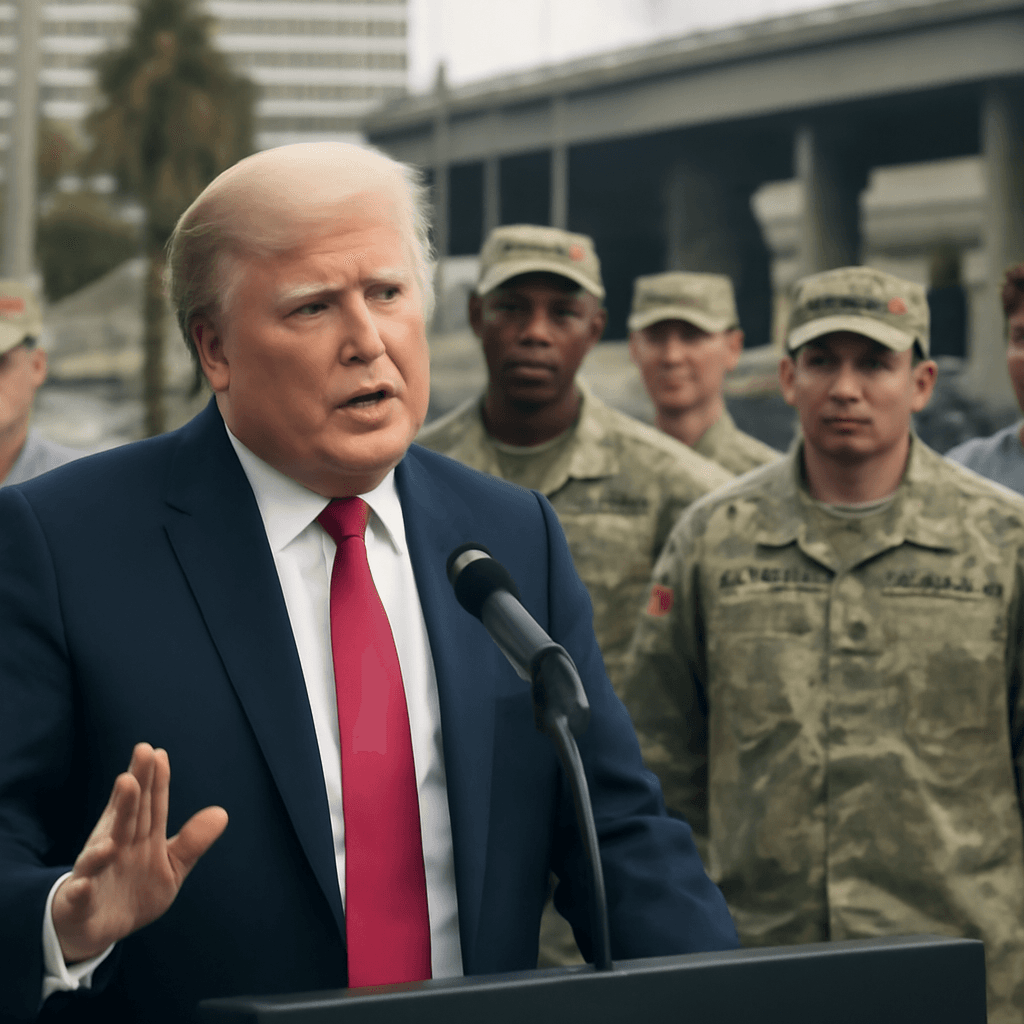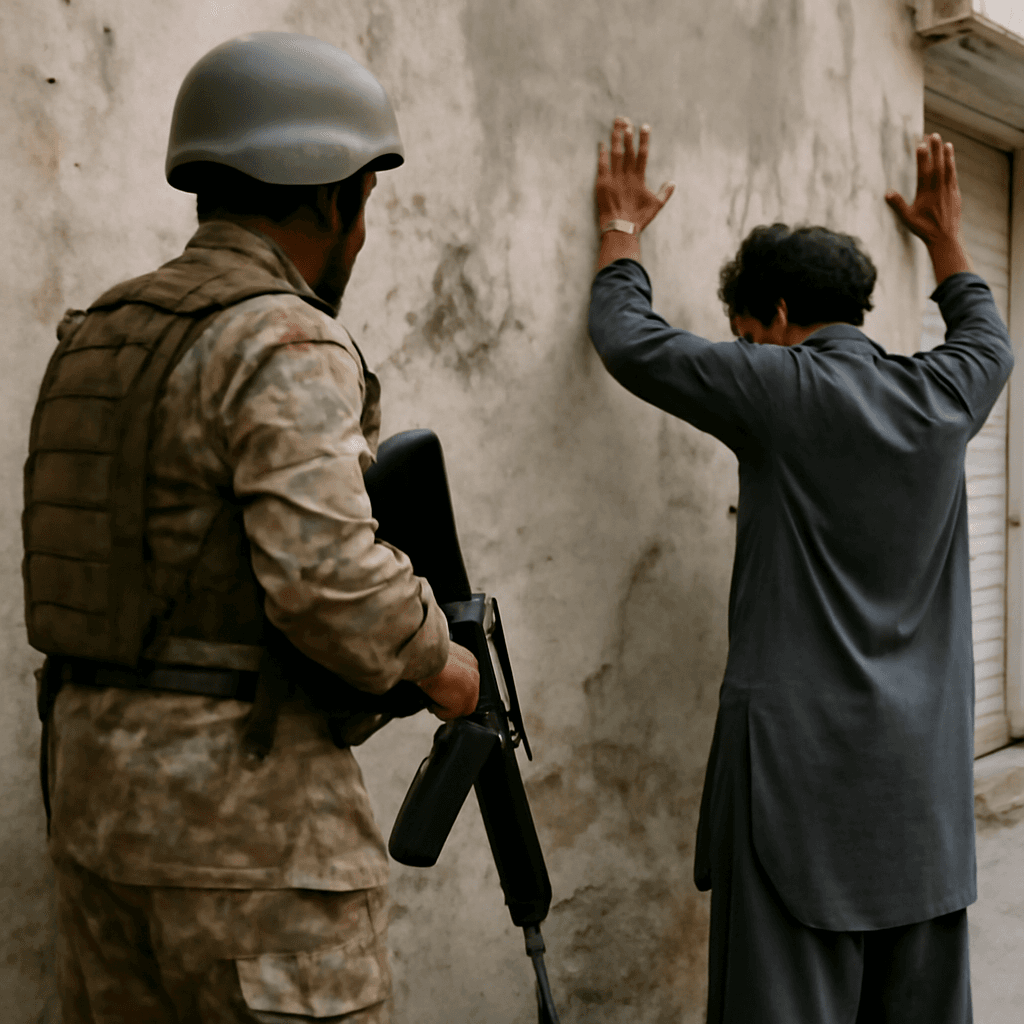Trump Commends National Guard's Role in Los Angeles Protests
Former President Donald Trump voiced strong support for the National Guard's involvement in managing the recent immigration protests across Los Angeles. Claiming the deployment was necessary due to local authorities' inability to control escalating unrest, Trump underscored his decision to federalize the troops, emphasizing a firm stance on law and order.
Dispute Over National Guard Deployment
Despite Trump's assertions, Los Angeles Mayor Karen Bass publicly disputed the presence of National Guard troops within city limits, clarifying that no such forces had been deployed in Los Angeles. She stated plainly on social media that the National Guard had not been called into the city, signaling a clear divide between federal and local narratives.
Mask Ban Sparks Controversy
Adding to the tension, Trump announced a prohibition on wearing masks during protests, questioning the intentions of masked demonstrators. In his words posted on social media: "MASKS WILL NOT BE ALLOWED to be worn at protests. What do these people have to hide, and why???" This directive has sparked debate about civil liberties and public safety amid ongoing social unrest.
Background: The Immigration Protests and Federal Response
The protests erupted over immigration enforcement raids in Southern California, a region with a substantial Latino population. In response, Trump signed a Presidential Memorandum to deploy 2,000 National Guard troops to address what his administration labeled as "lawlessness" following days of violent clashes, including the use of flash-bang grenades and tear gas by federal agents.
Federal vs. State Authority
The deployment has highlighted tensions between the federal government and California's state leadership. Governor Gavin Newsom criticized the federal move as "purposefully inflammatory," noting that the National Guard is typically mobilized by state governors — not directly by the President. Trump's federalization of California’s state military marked a rare use of presidential powers, intensifying political conflict amid the protests.
White House Stance
White House representatives blamed California's Democratic leaders for the unrest, asserting a zero-tolerance approach to criminal behavior and violence, especially against law enforcement. They positioned the intervention as necessary to restore order and protect officers attempting to enforce the law.
What’s Next?
The immigration enforcement raids appear to be part of an intensified phase of the federal immigration strategy, focusing increasingly on workplaces. With protests ongoing and authorities sharply divided, the situation in Los Angeles remains fluid, reflecting broader national debates over immigration policy and civil rights.

